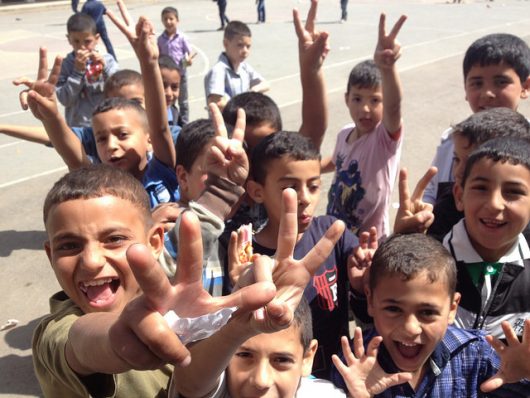10 Facts About Refugees and Asylum Seekers in Indonesia

Located in East Asia between the Pacific and Indian Oceans, Indonesia is home to more than 260 million people. Thousands are refugees and asylum seekers, and the number is rising. This growth is often overlooked when regarding issues of global poverty. Discussed below are the leading facts about refugees in Indonesia.
Top 10 Facts on Refugees in Indonesia
- There are approximately 13,800 asylum-seekers and refugees in Indonesia.
- More than half of the total asylum-seekers and refugees in Indonesia originate in Afghanistan. Regarding refugees, Myanmar follows, but when considering asylum-seekers, Somalia is in second place. In addition to these countries, Iran, Pakistan and Iraq are common countries of origin for persons of concern in Indonesia.
- In 2015, there was a 21 percent increase in refugees and asylum seekers.
- Indonesia has requested roughly $7.8 million to help ensure a better environment for current and new persons of concern.
- According to experts, many refugee children in Indonesia are denied education due to language barriers and administrative requirements.
- In partnership with several organizations, the U.N. Refugee Agency (UNHCR) helps provide basic healthcare services to persons of concern in Indonesia. However, language and financial barriers prevent a lot of refugees in Indonesia from receiving proper medical treatments.
- Some refugees become stranded in Indonesia on their way to destinations such as Australia.
- Indonesia is becoming more liberal about refugees. According to the UNHCR, “Indonesia will continue to receive new asylum-seekers as part of mixed migration movements.” The hope is to integrate them properly into Indonesia.
- In January 2017, Indonesia announced that it would open its arms to persons of concern. President Joko Widodo decreed that the government will begin to protect refugees in Indonesia. This is a huge step for refugees and asylum-seekers, previously overlooked in the nation’s laws.
- Even with the president’s decree, there are major gaps between the treatment of refugees and non-refugees under Indonesian law. According to experts, this decree does not ensure human rights such as education or healthcare, but it does make it illegal to deny refugees work and education.
Change is in the air for persons of concern in Southeast Asia. With the Indonesian president’s decree, there is a lot of hope for refugees in Indonesia.
– Morgan Leahy
Photo: Flickr
